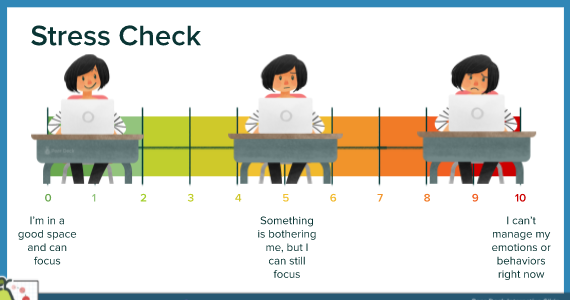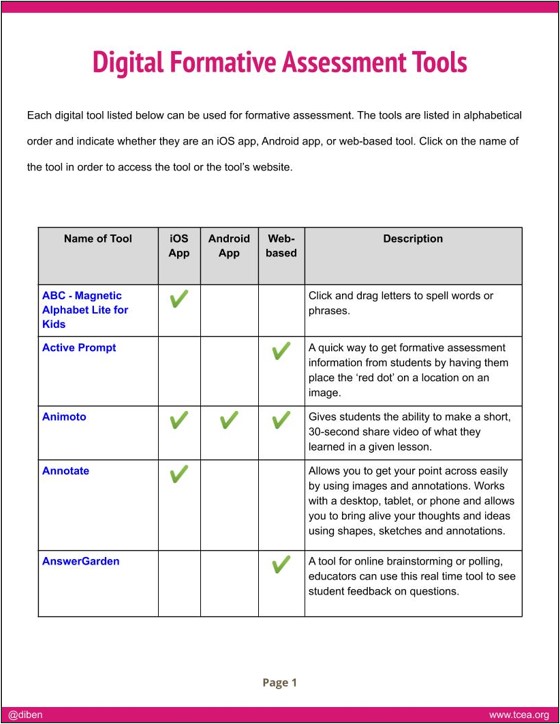As we go back to school this year, it is more important than ever to incorporate social-emotional learning (SEL) into our classrooms. As we know, research shows that there are many benefits when it comes to SEL. Students who practice SEL tend to have better academic outcomes and behavior both inside and outside the classroom. They can also better manage their stress levels and the challenges they face. So now that we know SEL has long-lasting benefits, how can we support students in developing SEL skills and practicing SEL habits?
Create a Calming Corner
As you think about how you have arranged your classroom, consider creating a calming corner. This is a place in your classroom that is safe for your students to reflect or be alone. The goal of your calming corner should be to reduce students’ stress and provide calming visual, auditory, and tactile experiences to help them (or you!) destress. The space should be used to help students de-escalate and emotionally reset.
In addition to the physical space in your classroom, you can also think about creating a digital space. A virtual calm room like this one, shared by Cindy Lewis (@CLewis4ed), is a safe, online space for students to decompress. Try clicking on an object in the room and see what happens. If you are using Google Classroom, have this room listed as an always-available resource.
Check in with Students

As educators, we know that each and every day is a new experience for our students. Therefore, checking in with them to see how they are doing is vital. Social-emotional check ins will help you gather quick student feedback about their emotional state. The check ins can even be done digitally before class begins. Take a look at a few of these Google Jamboard -heck In templates; Peardeck also has some great SEL templates you can use for check-ins with your students.
Check-ins can also be done in the form of a survey or during morning meetings. The important thing to remember is to carve out a small amount of time to connect with your students. This will reap large benefits in their overall learning and performance.

Encourage Students to Keep an SEL Journal
Many students may already use a journal at school to develop their writing skills, so why not help them express their feelings in a space that’s their own with an SEL Journal? Journaling is a terrific way for students to express emotions in a safe way. An SEL Journal can be an informal way for them to write down their feelings and express themselves creatively. Remind students that there is no right or wrong way to journal about their feelings. With this reminder, they have the opportunity to express themselves without the fear of being graded on what they write. Centervention has a wonderful SEL Journal template you can download, and Book Creator has a few SEL Journal templates you can use, too.
For more ways to incorporate SEL into your classroom, take a look at this blog by Laura Boyd. In addition, be sure to check out TCEA’s online, self-paced Social and Emotional online course. Priced at just $29, the course features seven modules designed to help your students explore self-awareness, build positive relationships, make responsible decisions, and more. Enroll today.





